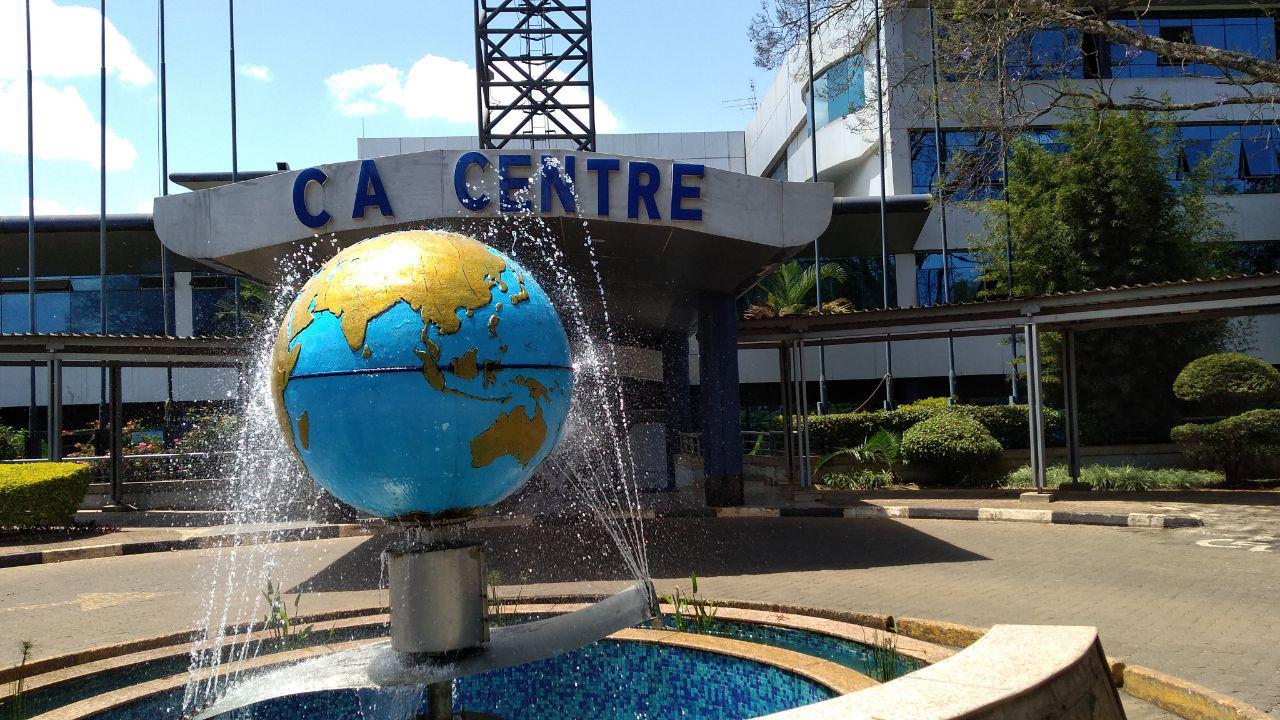
This past week Justice Mary Kasango delivered a Copyright Infringement decision on a case regarding Safaricom’s Okoa Jahazi product.
The case is Christopher N. Omare and Michael Otachi t/a Omare and Partners v Safaricom Limited [2020] available on Kenya Law Reports online.
The Okoa Jahazi case validates my 'Safaricom Stole my Idea' and Ideas cannot be stolen illustration.. literally. The judgment could have been 'heavier' for our dissertations but it's good precedent
Civil Suit 552 of 2009 – Kenya Law: https://t.co/ypEXN6ULYB
— Miss Okal 🇰🇪 🌍 (@JuneOkal) May 14, 2020
This isn’t the first case that’s been brought against Safaricom on the product. The product has also not been free of hitches like when people accrued huge Okoa Jahazi debt and balances which ran into multiple of thousands.
The plaintiff’s case was that they had title to ownership of a mobile telephone programme which would enable a subscriber to the mobile network to obtain emergency airtime credit in Kenya Shillings. They called this Emergency Credit Service (ECS). The purpose of ECS was to provide emergency credit airtime to subscribers who might have been:
- Travelling and run out of air time;
- Be in an area where airtime cannot be obtained;
- Require to make an emergency call at night; and
- Those who might not wish to buy in available outlets credit for as little as Ksh 50/- of Ksh 100/=
The Okoa Jahazi service allows Safaricom customers to request an advance of mobile airtime in the amount of Ksh 10/-, 20/-,50/-, 100/-, 250/-, 500/-, and 1,000/-. The case dwells on a claim raised by two innovators that Safaricom stole their idea.
Copyright covers expressions of the mind’s ideas. In Kenya, software is protected under copyright. Ideas under the law are not worth much, unfortunately. Only until an idea is expressed in one form or the other does it become of value.
The claim of ‘Safaricom Stole My Idea’ has been a long-standing running theme in tech circles and the startup scene for a long time. It is important for techies and creatives to realize that legally ideas are not enforceable.
We all have ideas and like Eric Ries says, more likely than not (for Company led tech products especially) there are in house product teams working on new product improvement concepts and building those solutions that come in as proposals.
For Safaricom for instance, there have been allegations of in-person pitch meetings or the Zindua Cafe proposal portal which has been referred to over and over again as to how ideas are presented to the company. Zindua cafe launched in 2015 was an online ideas submission portal which allowed members of staff, application developers and members of the public to share their ideas for new applications or services with the telco easily and conveniently. When launched, Zindua Cafe required users to disclose whether submissions were protected as patents, trademarks or copyright in addition to providing the registration numbers and copies of any certificates received from WIPO, KIPI and KECOBO.
In this case, a proposal was forwarded in 2006 to Safaricom, which they failed to respond to and in March 2009 Safaricom launched into the market a product called “Okoa Jahazi” which allowed its subscriber to access emergency airtime.
The Court decided that Safaricom successfully proved that prior to receiving the proposal, it had in its possession knowledge of the concept by virtue of learning about if from Vodafone operators and that the concept was in use in India, Egypt and Spain by the time the plaintiffs presented their proposal.
The Court also indicated that the proposal submitted to Safaricom was so general that even if they took it up, they couldn’t be said to have infringed. The proposal simply stated that mobile subscribers could be given emergency airtime, by the mobile services provider which would then give the mobile provider a return. Apart from these general statements the proposals bore no other details of how that concept could be worked out.
One of the reasons why the expression of ideas especially in tech solutions is so important is that no two people with individual minds will build a product in exactly the same way. Everyone’s execution is different and unique. Also, in building the product, an innovator is allowed to deeply consider issues that may pop up and in solving for those situations, the product becomes specific.
When it’s all said and done, ideas are great, they’re awesome. If implemented they could be worth a million dollars. However, the value of just a great idea really is nil – until it is worked upon.
11 years later since the case was filed in 2009, Safaricom won and the innovators have to pay Safaricom’s legal fees.
‘On the whole I find that the plaintiffs failed to produce cogent evidence to support the claim. The case therefore does fail with costs.’ – Justice Kasango





























